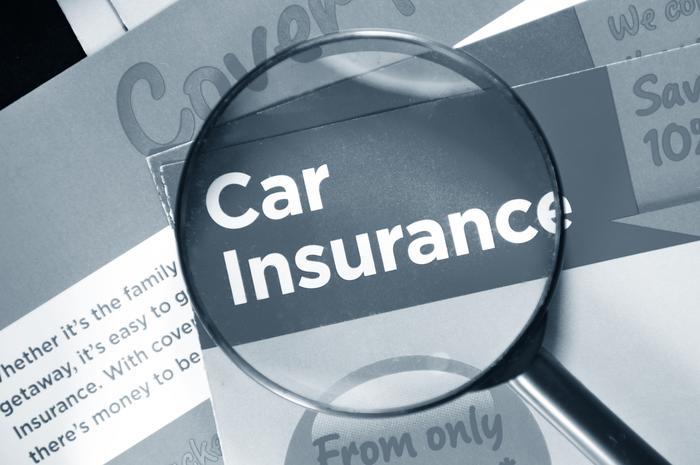
If you are trying to find the lowest possible car insurance rate, there are certain steps you should take and things you should consider as you research your options. Insurance rates are determined by a number of factors on a case by case basis, but car shopping around has its advantages. Below are some things you can do to make sure that you are getting the best coverage at the lowest rates possible.
Make No Assumptions
No one company should be assumed to be the cheapest, some spend lots of money on advertising and fancy commercials, but familiarity and name recognition does not mean that one company is cheaper than another. The bottom line is that prices of the same policies vary individual by individual even within one single company, no one company can claim to be the cheapest due to the fact that rates depend on factors of each individual driver. One company might be cheaper for one person while being the most expensive for another in a different area or State. The difference between the average and cheapest rate can be quite significant, the only way to be certain of the cheapest rate is shopping around.
Consider Regional and Local Companies
Four companies, -Allstate, Progressive, Geico and State Farm are in control of half of the entire nation’s car insurance policies and business. Meanwhile smaller and localized insurers such as Eerie insurance and Auto Owners insurance provide equal or even better service often times at lower rates than the big four companies do.
Explore Discount Options
Insurance companies offer various discounts and price breaks to customers in certain circumstances. Discounts usually apply when multiple cars are bundled into one policy, drivers have no points on their license and a clean driving record, premiums are paid in six or twelve months advance, drivers agree to paperless online billing and documentation, drivers are members of affiliate groups and professional organizations and when cars are equipped with safety features and anti-theft devices. Insurance company websites list these types of discounts, you can also consult with company agents to find out what applies to you.
Good Credit: Pay on Time
Insurance quotes are affected by your credit with the exception of three states in which it is illegal to factor in credit ratings. A customer’s credit in the eyes of insurance companies correlates with the likelihood of ever having to file a claim. Keep your credit score up and your premiums are likely to come down as your debts do, you can track progress by checking your credit report once per year for free.
Factor in Insurance Cost When Car Shopping
Beyond the usual factors considered in the car buying process, - repair costs and fuel efficiency, you also should consider how much it costs to insure the car you are considering buying. The cost of insurance can vary between similar and best-selling models by a few hundred dollars yearly.
Bypass Extra Coverage on Older Cars
If you have an old clunker, there is no need for collision coverage to repair damage to a car not worth fixing. Comprehensive insurance coverage meanwhile covers damage cause by external and unpreventable factors such as weather, wildlife and vandalism as well as theft. Both comprehensive and collision will only pay what your car is worth and if your car is worth very little, paying for extra coverage simply is not worth it. If you do need comprehensive and collision coverage, consider raising the deductible. Raising your deductible can help save a significant amount of money. Raising your deductible by $500 can save you a couple hundred dollars yearly, the higher the deductible, the greater the savings.
Consider Letting Your Insurer Track Your Driving
Usage based plans are ideal if you don’t drive long distances often and if you drive safely. Usage based plans allow insurers to track your driving in exchange for discounted rates as long as your usage remains stable within given parameters. If you drive 10,000 miles per year or less, you may be able to save money by taking part in mileage based insurance programs. Some people might not be comfortable letting insurance companies track their driving, however if your car usage is minimal, you may want to consider this option as a way to cut costs.